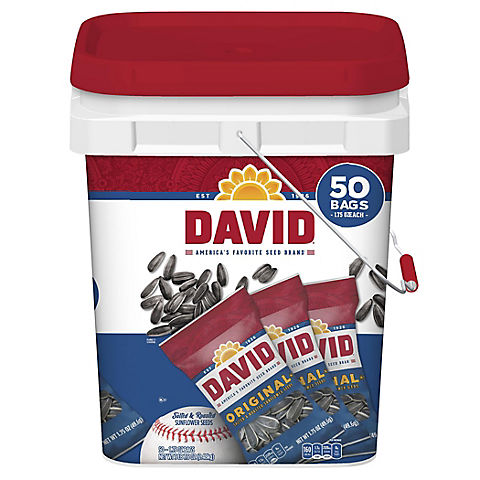The Milk Bar Sampler | Baked Goods Gift Delivery | Milk Bar
-
( 3 Reviews )Rated 5.00 out of 5 based on 3 customer ratings03
The Milk Bar Sampler is the perfect baked goods gift delivery that gives you a taste of classic Milk Bar treats, from a 3-packs of dreamy rainbow-vanilla and chocolate B’day Cake Truffles and one of each cookie to a single slice of ooey-gooey Milk Bar Pie — all packaged in a slick windowed tin.
-
David Sunflower Seeds, 50 ct. – Dried Fruit & Nuts
Rated 5.00 out of 501David Sunflower Seeds, 50 ct. – Dried Fruit & Nuts
Rated 5.00 out of 501 -
Muller Corner Vanilla Chocolate Balls and Banana Chocolate Flakes Yogurts – 6 x 130g
Rated 4.80 out of 505Muller Corner Vanilla Chocolate Balls and Banana Chocolate Flakes Yogurts – 6 x 130g
Rated 4.80 out of 505 -
M&S Select Farms British Wiltshire Outdoor Bred Back Bacon Rashers Unsmoked – 240g
Rated 5.00 out of 502M&S Select Farms British Wiltshire Outdoor Bred Back Bacon Rashers Unsmoked – 240g
Rated 5.00 out of 502 -
Arla Lactofree Slightly Salted Spreadable Blend of Butter and Rapeseed Oil – 250g
Rated 5.00 out of 505Arla Lactofree Slightly Salted Spreadable Blend of Butter and Rapeseed Oil – 250g
Rated 5.00 out of 505
Have a little bit of everything! This sampler pack of classic Milk Bar treats gives you a taste of the greats, from a 3-pack each of our dreamy rainbow-vanilla B’Day Cake Truffles and Chocolate B’Day Cake Truffles and one of each cookie to a single slice of ooey-gooey Milk Bar Pie — all packaged in a slick windowed tin.
Includes:
3-Pack Birthday Truffles x 1
3-Pack Chocolate Birthday Truffles x 1
Milk Bar Pie Slice x 1
6 Assorted Cookies x 1
MORE TREATS
Whether it’s a party of one or a party of ten, we’ve got you with epic desserts. Cozy Tip: Warm your desserts up for extra ooey-gooeyness 🙂
Additional information
| Contains | Gluten, Eggs, Milk, Soy |
|---|






by Rigena
Fun trying the variety of treats
by Christina
I purchase the Milk Bar Sampler for a close sister-friend and she absolutely loved it! She told me how tasty the treats were and how she loved the cute packaging. It really made her day. I would purchase from Milk again and I would HIGHLY recommend this as a gift to anyone.
by Nahid
I hit the right note with the delivery of Milk Bar cookies for my 9 years old godson who is on holiday in NYC